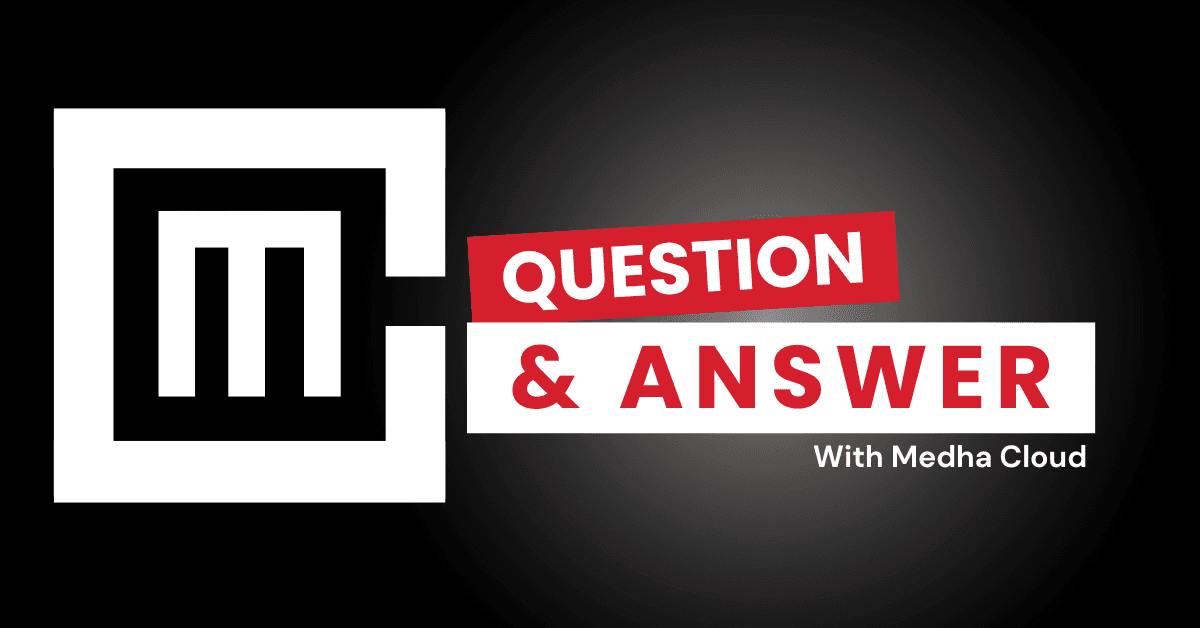Microsoft 365 E3 includes several features that help healthcare organizations comply with HIPAA regulations. These include data encryption, access controls, and audit logs for safeguarding protected health information (PHI).
Supporting HIPAA Compliance with Microsoft 365 E3
Healthcare organizations must meet strict security and privacy standards under the Health Insurance Portability and Accountability Act (HIPAA). While Microsoft 365 E3 is not HIPAA-compliant by default, it provides essential tools and features to help organizations implement HIPAA-compliant practices.
Key Features of Microsoft 365 E3 for HIPAA Compliance
- Business Associate Agreement (BAA):
- Microsoft signs a BAA with healthcare organizations to support HIPAA compliance.
- This agreement outlines Microsoft’s role in protecting PHI within its services.
- Data Encryption:
- Ensures data is encrypted both at rest and in transit to protect PHI.
- Uses advanced encryption standards such as TLS and AES.
- Access Controls and Multi-Factor Authentication (MFA):
- Limits access to sensitive data with role-based permissions and MFA.
- Verifies user identities to prevent unauthorized access.
- Data Loss Prevention (DLP):
- Identifies and prevents sharing of PHI through email and documents.
- Enforces policies to block or restrict the transmission of sensitive data.
- Microsoft Purview Compliance Manager:
- Provides templates for assessing HIPAA compliance.
- Tracks compliance posture with actionable recommendations.
- Audit Logs and Activity Monitoring:
- Records user activities and system access to maintain accountability.
- Enables healthcare organizations to monitor and investigate suspicious activities.
- Retention and Data Governance Policies:
- Ensures PHI is retained or deleted according to HIPAA regulations.
- Automates policies to simplify compliance management.
Limitations and Considerations
- Microsoft 365 E3 tools support compliance, but proper configuration is required.
- Healthcare organizations must train staff on HIPAA practices and monitor adherence.
- Advanced compliance features, such as risk management analytics, may require Microsoft 365 E5 or add-ons like Microsoft Purview.
Conclusion
Microsoft 365 E3 provides robust security, encryption, and data governance tools that help healthcare organizations meet HIPAA compliance requirements. By leveraging these features and signing a BAA with Microsoft, healthcare providers can better safeguard PHI while meeting regulatory standards.
Ready to Simplify HIPAA Compliance with Microsoft 365 E3?
Medha Cloud can help you configure and optimize Microsoft 365 E3 for HIPAA compliance.
I'm Benjamin, a Microsoft 365 Specialist, helping small and large businesses deploy, configure, and secure M365 environments to maximize the benefits of Microsoft tools. With sound expertise in driving cloud adoption, identity and access management (IAM), security monitoring, system reliability, and proactive troubleshooting.


